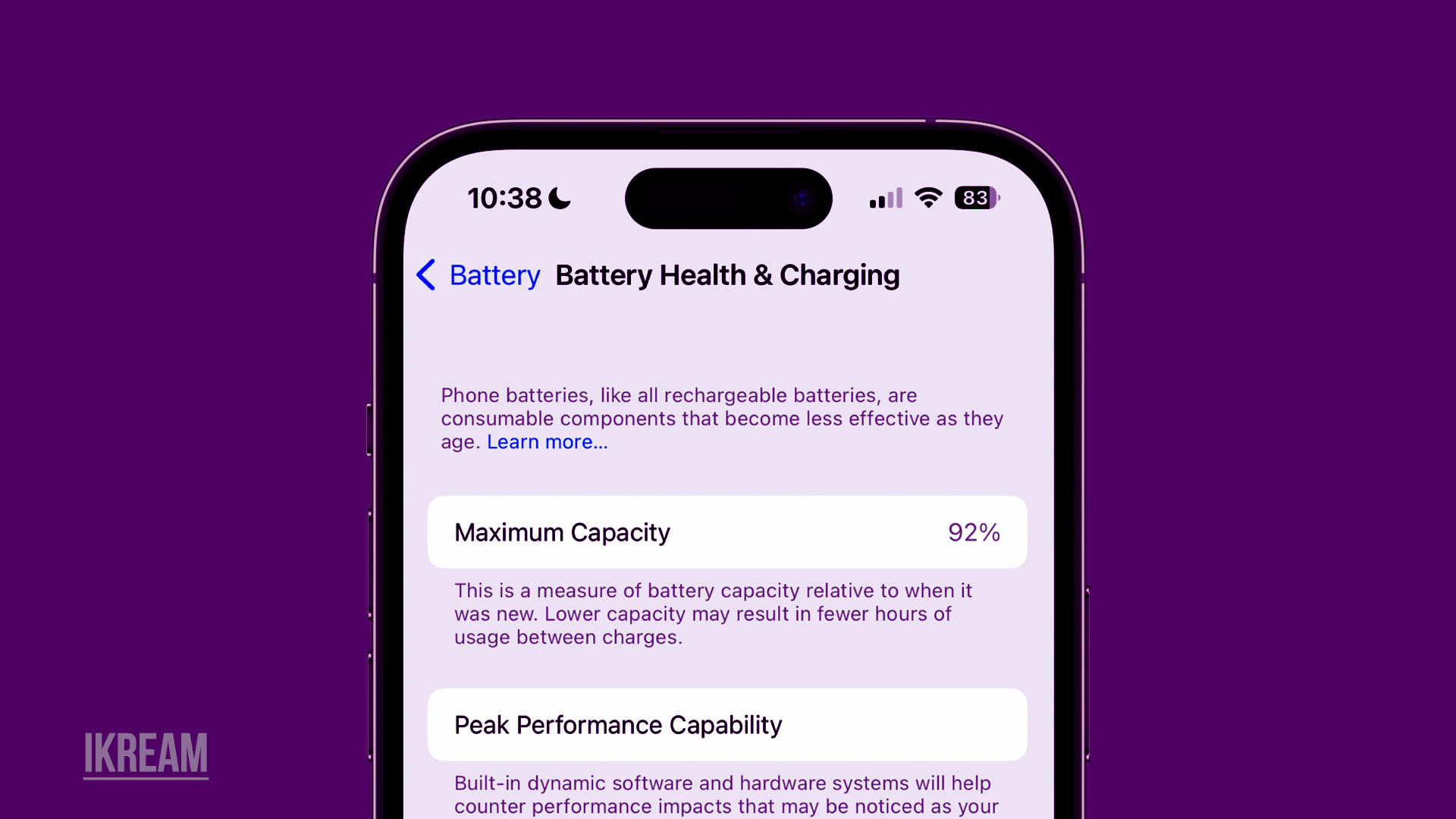There is a common belief that iPhones’ batteries begin to perform less well as the release date of a new iPhone approaches.
When a new iPhone model is due to be introduced, many people mistakenly believe that the battery life of their current iPhone is deteriorating.
Despite the jokes, there are indications that the value of an iPhone can diminish with age. This isn’t only an issue with battery life; it also raises concerns about potential app restrictions imposed by iOS. Alvin reported an odd example where the health of the battery in his iPhone 14 Pro Max was decreasing by one percent per week.
Read also: Apple launches iPhone 15 series on September 13
Not only did Alvin have this condition, but numerous others did as well. Matt Navarra, a well-known tech blogger, said that his iPhone’s battery health had been at 95% up until recently, but has dropped to 90% in the weeks leading up to Apple’s expected debut of a new iPhone model.
The correlation between battery life and the number of days before a new iPhone is introduced begs the question. Or maybe the iPhone’s battery life indicator isn’t as accurate as we believe it is. This line of thinking compelled me to look into the matter further and discover an explanation for Apple’s reliance on Lithium cells.
The rest of this article delves into the long-term behaviour of lithium batteries like those found in smartphones and laptops, as well as the trade-offs involved and the reasons why some businesses, like Apple, build products to charge the battery to 100%.
Lithium batteries lose capacity over time due to normal wear and tear from use and charging. When a battery is first manufactured, it has the potential to store a full charge. But the battery’s capacity to retain a full charge gradually declines as it ages. Degradation describes this process. As a result, battery life expectancy shortens when it’s taxed to its absolute limit (100%).
Explanation Of How the iPhone Battery Works
Batteries lose capacity with time, making it harder to use them to their full potential. This results in a gradual decrease in the rate at which the battery’s capacity depletes. And because the battery has trouble charging to its full capacity, the pace of degradation slows down with time.
Methods used by Apple Although it may hasten the battery’s initial decline, Apple gadgets are built to be charged to their maximum capacity. The rationale for this is that a fully charged battery will last longer before needing to be recharged. Therefore, while the battery may begin to degrade a little more quickly while it’s brand new, customers enjoy the benefit of a longer period before needing to charge their gadget.
Balancing Apple may have to compromise by designing its batteries such that they can only be charged to 80% of their capacity. Even if the battery life might be extended in the long run, customers would have to charge their smartphones more frequently because they would have less juice to begin with.
Like Alvin and many others, have you observed that the health of your iPhone’s battery has been deteriorating? If your Apple device employs lithium-ion cells, the aforementioned variables may be to blame for the battery’s declining health. Your device’s battery will gradually lose some of its ability to hold a charge as time goes on due to natural degradation. Some iPhone users have noticed a decline in battery life, which may be attributable to this occurrence in addition to other factors.
